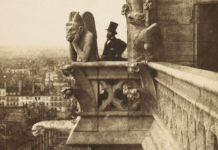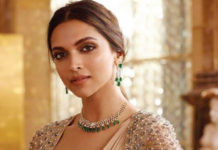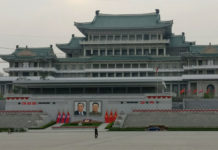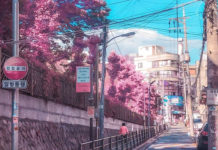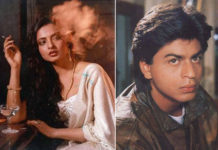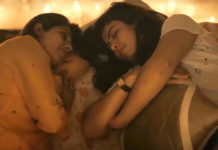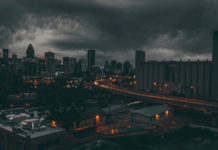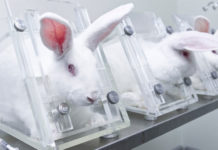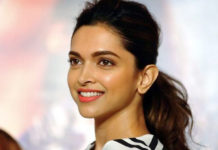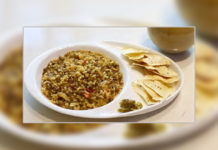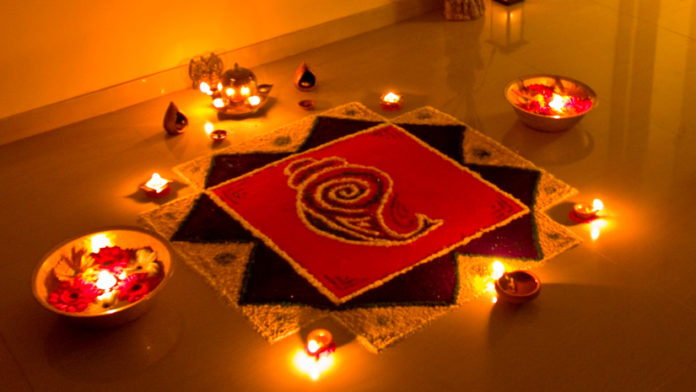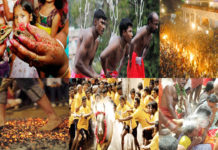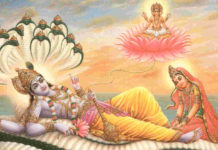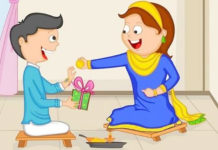Diwali, or Dipawali, is the festival of lights, the festival of returning of Lord Rama and his consort, Goddess Sita and his brother, Lord Lakshmana from exile; the festival of triumph of Goddess Satyabhama and Lord Krishna over Narkasura, It also celebrates the return of Pandavas after 12 years of exile and one year of “Agyatavas” in Mahabharata, it is linked to the celebration of Goddess Lakshmi, the goddess of prosperity and wealth.
 Diwali is traditionally a 5-day long festival which starts with dhanteras on day 1 and ends with Bhaiyadooj on day 5. The significance of dhanteras is that, it is the day Goddess Lakshmi was born during Samudra Manthan, or the churning of cosmic ocean of milk by the Devas and the Asuras – while the Diwali is the day Goddess Lakshmi chose Lord Vishnu as her husband. Diwali falls on the karthik amavasya – the darkest night of autumn is lit with a row of lamps and lanterns.
Diwali is traditionally a 5-day long festival which starts with dhanteras on day 1 and ends with Bhaiyadooj on day 5. The significance of dhanteras is that, it is the day Goddess Lakshmi was born during Samudra Manthan, or the churning of cosmic ocean of milk by the Devas and the Asuras – while the Diwali is the day Goddess Lakshmi chose Lord Vishnu as her husband. Diwali falls on the karthik amavasya – the darkest night of autumn is lit with a row of lamps and lanterns.
 Preparation for Diwali begins just as Dusshera ends- Diwali is celebrated 20 days after Dusshera. Homes and offices are renovated, painted, cleaned, re-cleaned and decorated with flowers and mango leaves.
Preparation for Diwali begins just as Dusshera ends- Diwali is celebrated 20 days after Dusshera. Homes and offices are renovated, painted, cleaned, re-cleaned and decorated with flowers and mango leaves.
 The 5- day long festival kick starts with Dhanteras- the day Goddess Lakshmi was born during Samudra Manthan. The lamps are lit at the entrances of homes, offices, rooms and puja room and the main entrances are cleaned a day prior and decorated with colourful motifs and rangoli. It is a tradition to buy new clothes or utensils and especially jewellery – gold or silver on the Dhanteras, as it is considered auspicious and is then worshipped. On the night of Dhanteras, lamps are kept burning all through the night in honor of Lakshmi.
The 5- day long festival kick starts with Dhanteras- the day Goddess Lakshmi was born during Samudra Manthan. The lamps are lit at the entrances of homes, offices, rooms and puja room and the main entrances are cleaned a day prior and decorated with colourful motifs and rangoli. It is a tradition to buy new clothes or utensils and especially jewellery – gold or silver on the Dhanteras, as it is considered auspicious and is then worshipped. On the night of Dhanteras, lamps are kept burning all through the night in honor of Lakshmi.
 The 2nd day of the 5-day festival, is celebrated as Naraka Chaturdashi- the slaying of the demon, Narkasur by Lord Krishna and Satyabhama. This day is also celebrated as choti Diwali. On this day, sweets and other delicious foods are prepared for Diwali. The religious traditions of decorating floor near the entrances and with lamps and women and girls adorning the palms with mehendi.
The 2nd day of the 5-day festival, is celebrated as Naraka Chaturdashi- the slaying of the demon, Narkasur by Lord Krishna and Satyabhama. This day is also celebrated as choti Diwali. On this day, sweets and other delicious foods are prepared for Diwali. The religious traditions of decorating floor near the entrances and with lamps and women and girls adorning the palms with mehendi.
 The 3rd day is celebrated as the main festival of lights- Diwali. People are in festive mood from the moment they wake up- cleaning, drawing rangoli, adorning self with fragrant herbal mixes before bathing and donning new clothes- the mood during Diwali is so palpable that one cannot escape the joyous festivities. The day begins with Puja- Goddess Lakshmi along with Lord Ganesha, Goddess Saraswati and Goddess Kali. Lakshmi is believed to roam the earth on Diwali, hence in the evening, people open their doors and windows to welcome Lakshmi by placing lights on the windowsills and balcony ledges to invite her. Goddess Lakshmi is welcomed by lighting crackers and fireworks- which is why it is also called as festivals of lights. The sight of rows and rows of lamps along with the colourful fire-crackers is a beauty to behold.
The 3rd day is celebrated as the main festival of lights- Diwali. People are in festive mood from the moment they wake up- cleaning, drawing rangoli, adorning self with fragrant herbal mixes before bathing and donning new clothes- the mood during Diwali is so palpable that one cannot escape the joyous festivities. The day begins with Puja- Goddess Lakshmi along with Lord Ganesha, Goddess Saraswati and Goddess Kali. Lakshmi is believed to roam the earth on Diwali, hence in the evening, people open their doors and windows to welcome Lakshmi by placing lights on the windowsills and balcony ledges to invite her. Goddess Lakshmi is welcomed by lighting crackers and fireworks- which is why it is also called as festivals of lights. The sight of rows and rows of lamps along with the colourful fire-crackers is a beauty to behold.
 There is also a tradition to stay awake till late at night- to welcome Lakshmi- people stay awake by playing cards, or other family games- which is more of a reason to increase the bond amongst families/ family, especially as people hardly get time to spend with each other.
There is also a tradition to stay awake till late at night- to welcome Lakshmi- people stay awake by playing cards, or other family games- which is more of a reason to increase the bond amongst families/ family, especially as people hardly get time to spend with each other.
 In West Bengal, Diwali is celebrated in honor of Goddess Kali. Kali, is the most revered in Bengal and according to legends, after the war with the demons, Shumbh and Nishumbh, Goddess Kali was so lost in the blood bath, that she was incontrollable, and to stop the destruction, Lord Shiva, threw himself under her feet, shocked at this sight and guilty, goddess stuck out her tongue in bewilderment, and thus, this put an end to her killing spree.
In West Bengal, Diwali is celebrated in honor of Goddess Kali. Kali, is the most revered in Bengal and according to legends, after the war with the demons, Shumbh and Nishumbh, Goddess Kali was so lost in the blood bath, that she was incontrollable, and to stop the destruction, Lord Shiva, threw himself under her feet, shocked at this sight and guilty, goddess stuck out her tongue in bewilderment, and thus, this put an end to her killing spree.
Day 4 is the penultimate day of the festival and is celebrated as Annakoot or Govardhan Puja. It is the day, when little Krishna, carried the Govardhan Hill, to defeat Lord Indra- indicating a new beginning of karma. It is also the day every year when Hindu Calendar renews itself- and hence celebrated as Hindu New Year. On this day, people prepare Bhog- of about 56 or 108 foods consisting of many different varieties are offered to the Lord. Hence, the name Annakoot.
 Day 5 is celebrated as Bhaiya dooj, which is quite similar to the rakhi festival. It stresses on the love and lifelong bond between brothers and sisters, while celebrating the autumn bounty and harvest.
Day 5 is celebrated as Bhaiya dooj, which is quite similar to the rakhi festival. It stresses on the love and lifelong bond between brothers and sisters, while celebrating the autumn bounty and harvest.


